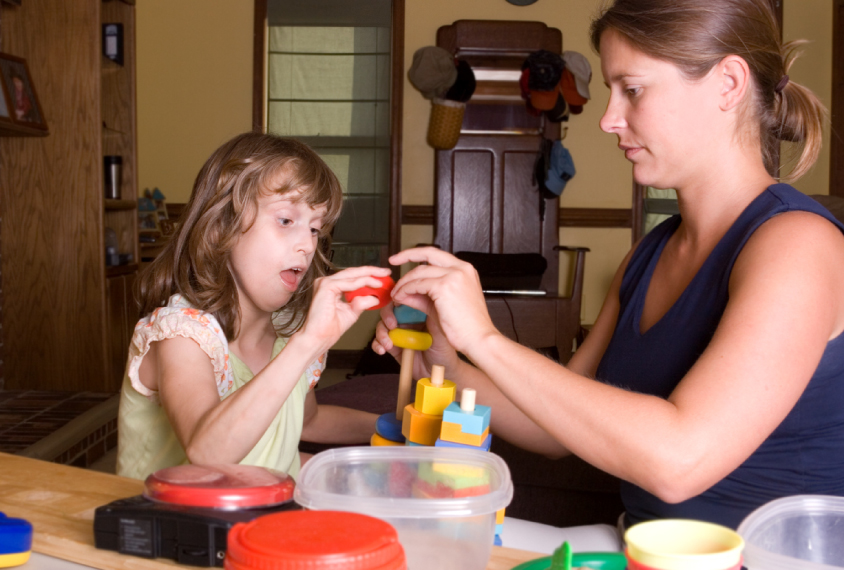
"Excellence we aspire; Performance we deliver".
Contact Us
Because every child with autism spectrum disorder (ASD) has unique symptoms, each child should receive treatment that meets their specific needs. There are a variety of therapy options that have been shown to be successful for improving learning, communication, and social skills of children with ASD.
Because there can be overlap in symptoms between ASD and other disorders, such as attention deficit hyperactivity disorder (ADHD), it's important that treatment focus on a person's specific needs, rather than the diagnostic label.
. Behavior and communication therapies. Many programs address the range of social, language and behavioral difficulties associated with autism spectrum disorder. Some programs focus on reducing problem behaviors and teaching new skills. Other programs focus on teaching children how to act in social situations or communicate better with others. Applied behavior analysis (ABA) can help children learn new skills and generalize these skills to multiple situations through a reward-based motivation system.
. Educational therapies. Children with autism spectrum disorder often respond well to highly structured educational programs. Successful programs typically include a team of specialists and a variety of activities to improve social skills, communication and behavior. Preschool children who receive intensive, individualized behavioral interventions often show good progress.
. Family therapies. Parents and other family members can learn how to play and interact with their children in ways that promote social interaction skills, manage problem behaviors, and teach daily living skills and communication.
. Other therapies. Depending on your child's needs, speech therapy to improve communication skills, occupational therapy to teach activities of daily living, and physical therapy to improve movement and balance may be beneficial. A psychologist can recommend ways to address problem behavior.
. Medications. No medication can improve the core signs of autism spectrum disorder, but specific medications can help control symptoms. For example, certain medications may be prescribed if your child is hyperactive; antipsychotic drugs are sometimes used to treat severe behavioral problems; and antidepressants may be prescribed for anxiety. Keep all health care providers updated on any medications or supplements your child is taking. Some medications and supplements can interact, causing dangerous side effects.
. Creative therapies. Some parents choose to supplement educational and medical intervention with art therapy or music therapy, which focuses on reducing a child's sensitivity to touch or sound. These therapies may offer some benefit when used along with other treatments.
. Sensory-based therapies. These therapies are based on the unproven theory that people with autism spectrum disorder have a sensory processing disorder that causes problems tolerating or processing sensory information, such as touch, balance and hearing. Therapists use brushes, squeeze toys, trampolines and other materials to stimulate these senses. Research has not shown these therapies to be effective, but it's possible they may offer some benefit when used along with other treatments.
. Massage. While massage may be relaxing, there isn't enough evidence to determine if it improves symptoms of autism spectrum disorder.
. Pet or horse therapy. Pets can provide companionship and recreation, but more research is needed to determine whether interaction with animals improves symptoms of autism spectrum disorder.
. Special diets. There's no evidence that special diets are an effective treatment for autism spectrum disorder. And for growing children, restrictive diets can lead to nutritional deficiencies. If you decide to pursue a restrictive diet, work with a registered dietitian to create an appropriate meal plan for your child.
. Vitamin supplements and probiotics. Although not harmful when used in normal amounts, there is no evidence they are beneficial for autism spectrum disorder symptoms, and supplements can be expensive. Talk to your doctor about vitamins and other supplements and the appropriate dosage for your child.
. Acupuncture. This therapy has been used with the goal of improving autism spectrum disorder symptoms, but the effectiveness of acupuncture is not supported by research.